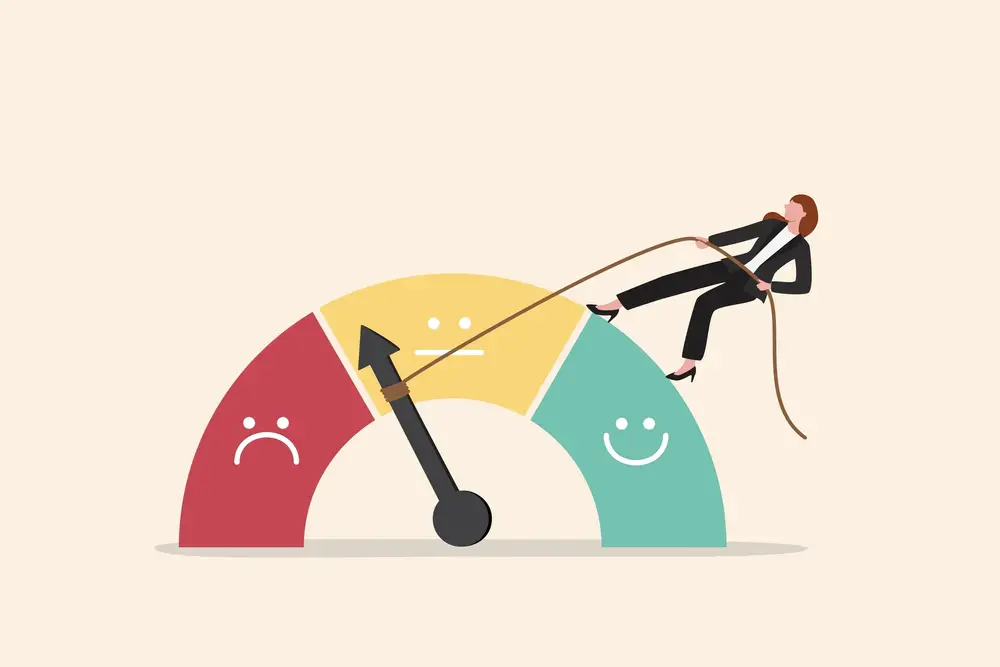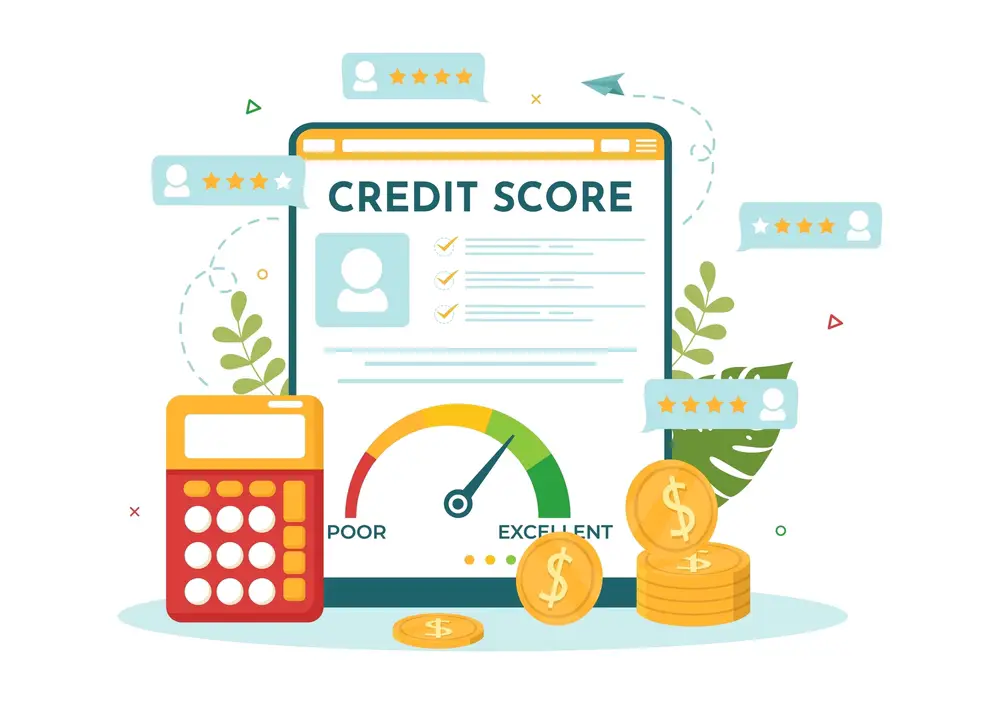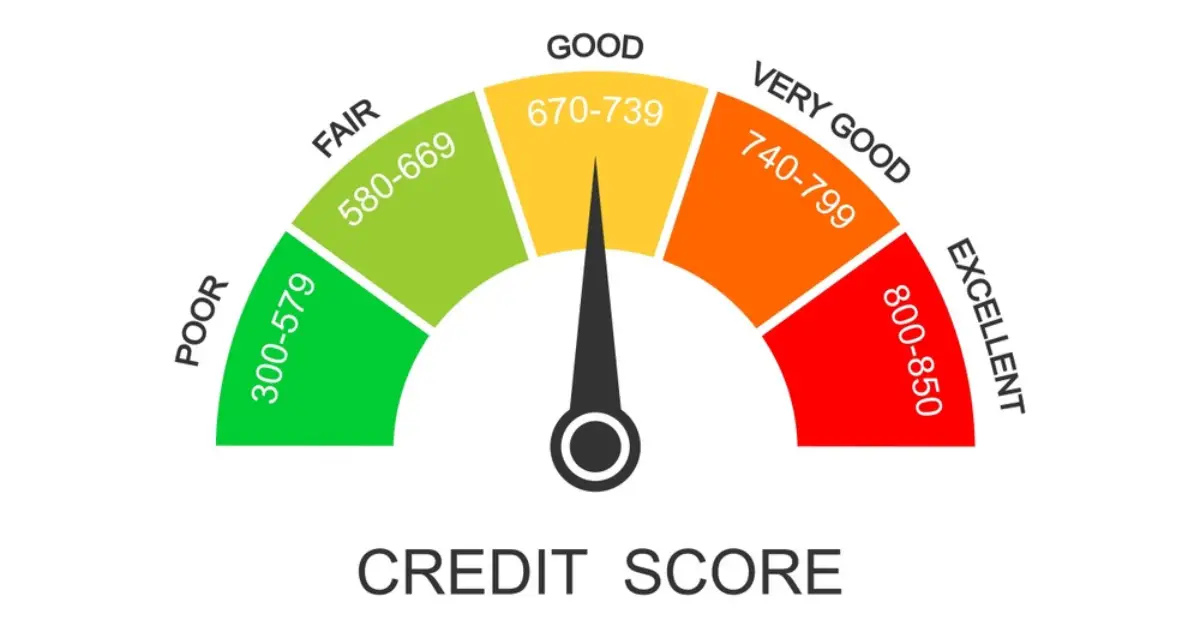Your credit score is like your financial reputation—it tells lenders whether you’re trustworthy enough to pay back borrowed money. But what happens when that score isn’t as high as you’d like it to be? The good news is, you’re not stuck with it forever! Improving your credit score in the US is entirely possible with the right strategies, and this guide will walk you through the process step by step.
How to Improve Credit Score in the US
Understanding Your Credit Score
Let’s start with the basics. Before diving into how to improve your credit score, it’s important to understand what it is and why it matters.
What is a Credit Score?
A credit score is a three-digit number that represents your creditworthiness. In simple terms, it’s a numerical summary of your credit history. The most common type of credit score is the FICO score, which ranges from 300 to 850. The higher your score, the better your credit looks to potential lenders.
Why is Your Credit Score Important?
Your credit score isn’t just a number—it’s a gateway to financial opportunities. A high score can help you secure loans, get better interest rates, and even qualify for credit cards with awesome perks. On the flip side, a low score can make borrowing more expensive or even lead to loan denials.
How is Your Credit Score Calculated?
Understanding how your credit score is calculated can give you insight into which areas you need to focus on for improvement. The FICO score, for instance, is based on five key factors:

Payment History
This is the most significant factor, accounting for 35% of your score. Lenders want to know if you’ve paid your past credit accounts on time. Late or missed payments can seriously hurt your score.
Credit Utilization
Credit utilization makes up 30% of your score. It’s the ratio of your credit card balances to your credit limits. Ideally, you want to keep this ratio below 30% to maintain a good score.
Length of Credit History
This factor represents 15% of your score. It looks at how long your credit accounts have been open. The longer your history, the better.
New Credit Inquiries
When you apply for new credit, lenders perform a “hard inquiry,” which can temporarily lower your score. This makes up 10% of your score.
Also Read – Best Credit Cards for Rewards and Cashback in the US
Credit Mix
Finally, your credit mix—types of credit accounts like credit cards, mortgages, and car loans—comprises 10% of your score. Having a variety of credit types can be beneficial.
Steps to Improve Your Credit Score
Improving your credit score isn’t an overnight task, but with persistence, you can see significant progress over time. Here’s how to get started:
Review Your Credit Reports Regularly
First things first—know where you stand. You can get a free copy of your credit report from each of the three major credit bureaus (Equifax, Experian, and TransUnion) once a year at AnnualCreditReport.com. Check your reports for errors, like incorrect account information or fraudulent activity, and dispute any inaccuracies.
Pay Your Bills on Time, Every Time
Remember that payment history is the most critical component of your credit score. Even one missed payment can have a significant impact. Set up reminders or automate payments to ensure you’re always on time.
Reduce Your Credit Card Balances
High balances can drag down your score, even if you’re making minimum payments. Focus on paying down your credit card debt to lower your credit utilization ratio. Consider the snowball method (paying off the smallest balances first) or the avalanche method (tackling the highest-interest debt first).
Avoid Opening Too Many New Accounts
While it might be tempting to apply for multiple credit cards or loans to build your credit, doing so can backfire. Each application results in a hard inquiry, which can lower your score. Plus, new accounts can shorten your average account age, which isn’t ideal for your credit history length.
Keep Old Accounts Open and Active
Closing old accounts can hurt your credit score by reducing your available credit and shortening your credit history. If you’re not using an old card, consider making a small purchase occasionally to keep the account active.
Common Credit Score Myths Debunked
There’s a lot of misinformation floating around about credit scores. Let’s clear up some common myths that could be holding you back.
Myth 1: Closing Old Accounts Improves Your Credit Score
As we mentioned earlier, closing old accounts can actually hurt your score. It reduces your overall available credit, which can increase your credit utilization ratio—a key factor in your score.

Myth 2: Checking Your Own Credit Score Hurts Your Score
Good news—checking your own credit score doesn’t affect your credit. This is considered a “soft inquiry” and won’t show up on your credit report or impact your score in any way.
Myth 3: Paying Off a Debt Removes It from Your Credit Report
While paying off debt is great for your financial health, it doesn’t erase the record of that debt from your credit report. Paid-off debts can stay on your report for up to seven years, though they’ll have less impact over time.
Also Read – Tips for Paying Off Your Mortgage Faster in the US
Long-Term Strategies for Maintaining a Good Credit Score
Once you’ve put in the work to improve your credit score, the next step is maintaining it. Here are some long-term strategies to help you stay on track.
Build a Solid Credit History
A long credit history can boost your score, so keep those older accounts open and in good standing. The longer you’ve been managing credit responsibly, the better it is for your score.
Keep an Eye on Your Credit Utilization Ratio
Even after you’ve improved your score, it’s crucial to keep your credit utilization ratio low. Try to pay off balances in full each month or keep them below 30% of your credit limit.
Limit Hard Inquiries on Your Credit Report
Be mindful of how often you apply for new credit. Each hard inquiry can shave a few points off your score, and too many in a short period can be a red flag for lenders.
Be Patient and Persistent
Improving and maintaining a good credit score takes time. Don’t be discouraged by setbacks—stick to your plan, and your score will reflect your efforts over time.
Final Thoughts
Improving your credit score is a journey, not a sprint. It requires patience, discipline, and a commitment to financial responsibility. By understanding the factors that influence your score and taking proactive steps to improve it, you can build a solid credit foundation that opens doors to financial opportunities. Remember, it’s not just about the number—it’s about creating a stable financial future.
FAQs
Q1: How often should I check my credit score?
You should check your credit score at least once a year to ensure accuracy and monitor your progress. If you’re actively working on improving your score, consider checking it every few months.
Q2: Can I improve my credit score quickly?
While some improvements, like correcting errors on your credit report, can have a quick impact, most changes take time. Focus on consistent, positive financial behaviors for long-term results.
Q3: Does paying off a loan early hurt my credit score?
Paying off a loan early won’t hurt your score, but it might not help it either. The positive payment history remains on your credit report, but you lose the opportunity to continue building that history.
Q4: Will settling a debt affect my credit score?
Settling a debt for less than the full amount can negatively impact your credit score, as it indicates to lenders that you didn’t pay the full amount owed.
Q5: Can I hire someone to fix my credit score?
Be cautious of companies that promise to fix your credit score for a fee. While they may help dispute errors, you can often do this yourself for free. Improving your credit score requires time and personal financial management.


2 thoughts on “How to Improve Credit Score in the US”